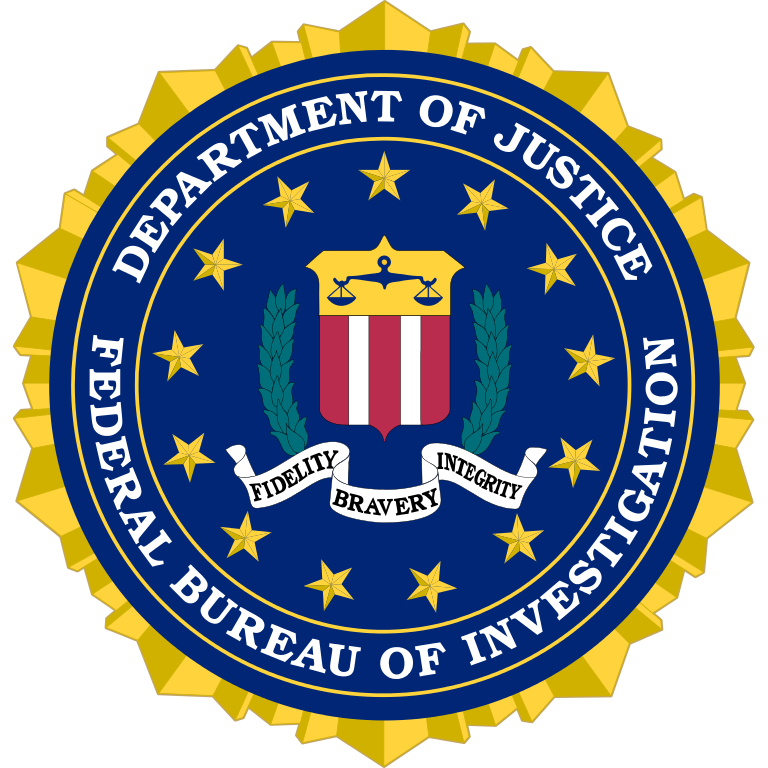Sign up for the daily CJR newsletter.
The FBI is reportedly investigating Russian state-owned media outlets in the US for failing to register as agents of a foreign government. Yahoo News reported this week that news agencies Sputnik and RT are under pressure to register under a law originally passed in 1938 to stymie Nazi propaganda.
The reports left some press-freedom advocates bristling at the specter of government intrusion. They worry it sets a dangerous precedent for the US government to openly brand certain news outlets as “propaganda.” But requiring Russian state-owned media to register under the Foreign Agents Registration Act, or FARA, is not as “Big Brother” as it sounds.
FARA doesn’t add up to press censorship in this case: Outlets like Sputnik and RT aren’t conventionally seen as “the press,” and the law in no way prohibits their activities. FARA does, however, require adherents to disclose “informational material” which could, in theory, include news output.
TRENDING: A hidden message in memo justifying Comey’s firing
“There is no concern about slippery slopes,” James Kirchick, a journalist and writer who has covered Russia and the former Soviet Union, tells CJR in an email. “Never mind their content (which is not news gathering in the traditional sense but disinformation aimed at influencing American politics), their opaque management structures starkly differentiate them from reputable outlets like the BBC, France 24, and Deutsche Welle, which operate independent of government control.”
Normally, news organizations are exempt from having to register under FARA. Officials with Sputnik and RT have said they shouldn’t have to, either.
In an interview with CJR, former Sputnik White House Correspondent Andrew Feinberg says requiring the site to register under FARA is “absolutely not” a violation of press freedom. “Sputnik does not operate like any news organization I have worked for or I have ever seen,” he says, adding that they have no interest in reported journalism, and that they are explicit about their work on behalf of Russia’s objectives. Feinberg was interviewed by the FBI as part of the investigation into Sputnik.
Asha Rangappa, a former FBI counterintelligence agent who is now a dean at Yale Law School, says in an interview with CJR that the FBI would probably not have invoked FARA against Sputnik and RT without evidence of direct editorial control by the Kremlin. “They have to have some intelligence or information that this is essentially an extension of a government-controlled operation,” she says.
Rangappa argues that FARA actually protects press freedom by making it overtly clear where news is coming from. “If the interest of freedom of speech is to make sure the marketplace of ideas is open and that people are able to critically evaluate where their information is coming from, FARA actually tries to support an open society and speech by creating transparency,” she says.
Jeffrey Gedmin, a former head of the US-backed Radio Free Europe/Radio Liberty, says every state-funded media outlet should have to be open about their operations.
It is hard to disentangle the application of FARA from politics, however. Yahoo News reported that the FBI investigation into Sputnik and RT coincided with Congressional pressure, in part related to the ongoing Russia investigation, to strengthen its enforcement.
ICYMI: “If you’re telling me his secrets, you’re probably telling him mine. Now I know never to trust you.”
It’s unusual for the FBI to proactively go after foreign agents who don’t voluntarily register under the act. “The unit that’s responsible for overseeing this is not particularly active at all, they’re more like glorified accountants. They’re checking to see whether you fill out the boxes, they’re not looking for people who fail to file,” says Daniel Schuman, a FARA expert and policy director at the campaign group Demand Progress.
Schuman says it’s especially unusual for organizations that claim to be news outlets to be pursued under FARA. Rangappa, the former FBI agent, agrees that the bureau is wary of acting in this area.
“You don’t want the FBI going after journalists and news organizations,” she says. “We want ideally for there to be a large operating room for speech without government interfering.”
But Rangappa says when foreign government-controlled outlets purposefully distort information — especially in a crowded online news environment — government intervention is warranted.
“The FBI is in a unique position to verify when a particular outlet or vehicle of information is actually being used for propaganda,” she says. “The government can’t stop fake news generally but they can at least tell you that this is coming from a foreign power, particularly a hostile foreign power, in the case of Russia.”
Some press freedom advocates find that kind of logic troubling. In a statement provided to CJR, Trevor Timm of the Freedom of the Press Foundation says, “No matter one’s feelings on Russia or Sputnik, I think it’s concerning anytime the FBI gets involved in defining who is and isn’t a journalist.”
While the word “propaganda” means different things to different people, the Justice Department is clear that FARA, which Congress passed to counter a spread of underground Nazi and Communist material in the 1930s, is only about identifying the source of material seeking to influence US audiences.
Feinberg, the former Sputnik reporter, thinks Russian-funded and directed outlets should be called out when they disseminate that regime’s message to a US audience. “You can’t let this stuff slide because you would like to think that our society is strong enough to withstand it,” he says. “You can’t just let it go unanswered. If you do that you invite more of it.”
TRENDING: Eleven newsletters to subscribe to if you work in media
Has America ever needed a media defender more than now? Help us by joining CJR today.







